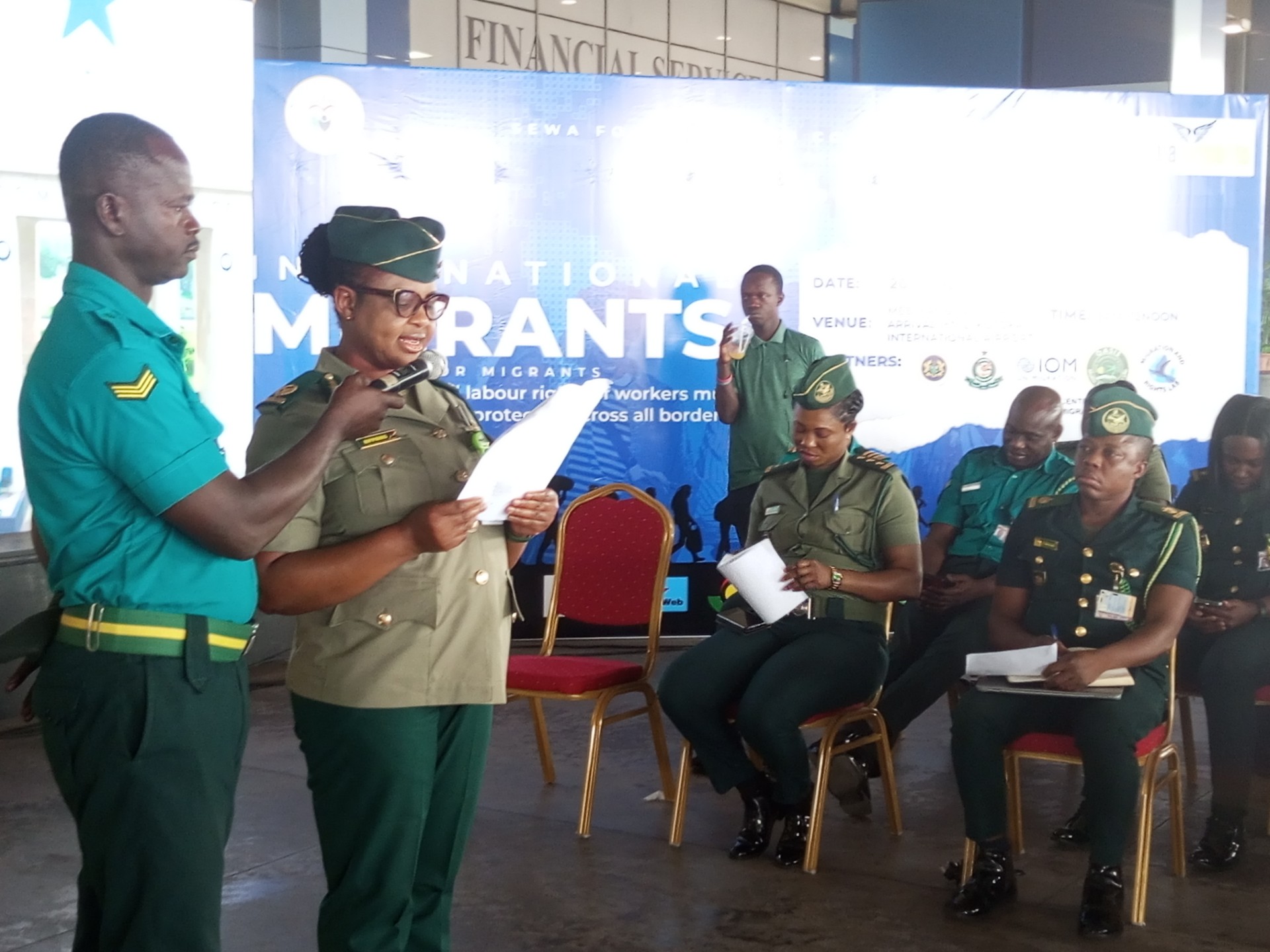
This year’s National Farmers Day was celebrated a month ahead of the normal scheduled December commemoration, owing to the fact that the country is going to the polls in December to choose between presidential and parliamentary candidates for another four-year cycle as prescribed by our constitution.
This year, an awards/dinner was held in place of the normal national and regional awards ceremony that has been in place since inception of Farmers Day in 1985. The essence of this activity is to serve as an annual celebration of vital contributions made by farmers and fisherfolk to the nation’s development.
As global environmental issues become more pressing, the focus on sustainable farming methods is increasingly important. Climate change and weather variability has rendered dependence on rain-fed food production risky and unsustainable.
Consequently, there is a need for substantial increase for irrigated production in Ghana. In fact, irrigated agriculture in most parts of the world is now a necessity. With the ongoing trend of climate change and variability, it is becoming obvious that food production will have to depend on irrigated agriculture in several forms if the world population is to be fed.
Irrigated agriculture is underdeveloped and attempts by governments to develop modern, irrigated agriculture has not succeeded to any extent. Indeed, the World Bank has confirmed that only three percent of cultivated land in the country is irrigated – a phenomenon the Bank indicates could stifle Ghana’s agriculture growth and resilience.
The Bank notes that Ghana possesses substantial irrigation potential: with estimates of irrigable land spanning from 360,000 to 1.9 million hectares, but just about three percent of cultivated land is properly irrigated for agriculture use.
Underutilisation of the said potential, according to the Bank, risks farmers bearing the brunt of shifting weather patterns and extreme events as the country’s farming system is predominantly rain-fed.
In the last decade alone, the World Bank has committed more than US$200million in loans and grants to meet Ghana’s climate smart agriculture needs. It beats our imagination why a proportion of those monies couldn’t be employed to revitalise abandoned irrigation schemes across the country, giving rise to widespread belief that these funds have been misapplied.
The post Editorial: Underutilised irrigation in agriculture could prove fateful appeared first on The Business & Financial Times.
Read Full Story
















Facebook
Twitter
Pinterest
Instagram
Google+
YouTube
LinkedIn
RSS